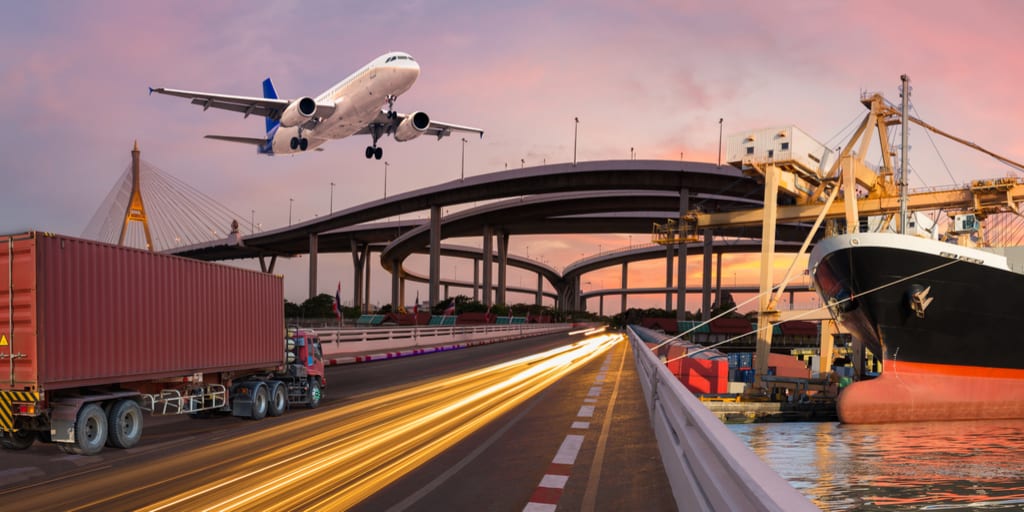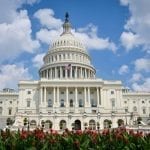
Democratic congressional leaders have said President Trump supports $2 trillion in infrastructure spending after a meeting at the White House earlier this week between Speaker of the House Nancy Pelosi (D-CA), Senate Minority Leader Charles Schumer (D-NY) and the president.
As noted previously in Week In Review, Democrats, Republicans, and President Trump have all expressed support of the need to address transportation and infrastructure.
Speaker Pelosi, Minority Leader Schumer, and the White House all characterized the meeting as “productive” with the speaker noting that they had “come to one agreement: that the agreement would be big and bold.”
After the meeting, The White House said that the administration is has not endorsed a specific spending amount.
In early 2018, President Trump released a $1.5 trillion infrastructure proposal that relied heavily on public-private partnerships and was not supported by Democrats.
Earlier this year, the House Committee on Transportation & Infrastructure held a hearing on the state of America’s transportation system and found that $2 trillion was required to repair existing infrastructure and meet future needs.
The day before the White House meeting, Minority Leader Schumer noted that “by reversing only the most egregious giveaways in President Trump’s tax bill – those given to the wealthiest of the wealthiest – and raising the corporate tax rate a smidge, we could finance the entirety of a trillion dollar infrastructure bill.”
However, Senator Charles Grassley (R-IA) who chairs the Senate Finance Committee which has jurisdiction over tax measures stated that because of “the success that the tax bill has done for the economy, I would not want to change anything in the tax cut.”
Many in and out of Congress support increasing the federal fuel tax, which helps pay for highways, bridges and public transit systems, to pay for infrastructure spending. The tax has not been increased since 1993.
Other ways to fund the spending have been suggested such as a vehicle miles traveled tax (VMT) which would compensate for higher fuel efficiencies of modern internal combustion engines and electric cars that have resulted in less gasoline being purchased.
The president and the Democrats agreed to meet again in three weeks to discuss alternatives to fund the spending.







